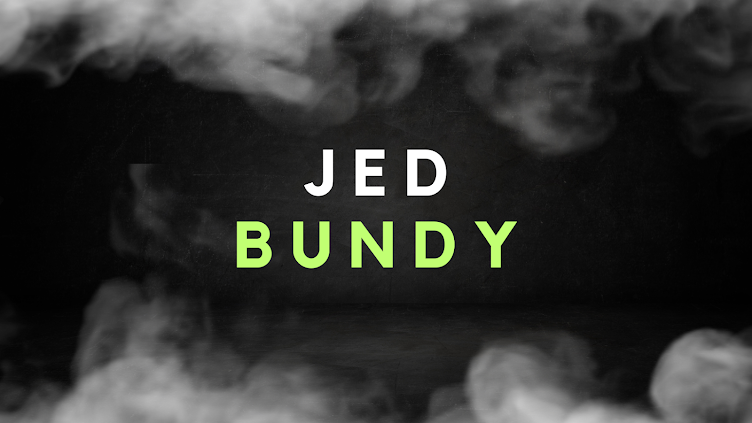The Texas Chainsaw
Massacre (1974)
Director: Tobe Hooper
Writers: Tobe Hooper, Kim Henkel
Stars: Marilyn Burns, Edwin Neal, Jim Siedow, Gunnar Hansen
Cliff’s Notes: Narrator: "The film which you are
about to see is an account of the tragedy which befell a group of five youths,
in particular Sally Hardesty and her invalid brother, Franklin. It is all the
more tragic in that they were young. But, had they lived very, very long lives,
they could not have expected nor would they have wished to see as much of the
mad and macabre as they were to see that day. For them an idyllic summer
afternoon drive became a nightmare. The events of that day were to lead to..." First lines of the film spoken by Emmy Award-Winning actor John Larroquette
Lecture: The Texas Chainsaw Massacre (TCM) is, without a doubt, one of the best horror films ever made. Technically
speaking, the composition and direction of this flick is nearly perfect. Each
of the early strokes beautifully crafts the image of a carefree summer drive.
The documentary-like first act is tempered with only a vague air of threat, as
if this is the beginning of a cosmically bad day. Our group of friends is
sketched with the broadest of strokes, but the quality actors bring it up a
level. The meeting with this hitchhiker, the exploring of the family home, and the
walks through the Texas countryside each build to a single explosion of
violence.
And
from that moment on, TCM is like watching a nightmare. Danger is always no more
than a few feet away. The reality of the film seems to collapse in upon itself,
keeping the viewer trapped in a holocaust of violence and degradation. There is
no reprieve, no release from the horrors that surround the characters. As it
builds, TCM becomes a horror powerhouse. And then the dinner scene starts.
Filmed
over 26 straight hours in the Texas heat, the dinner scene is pure anarchy. It
is a decent into madness driven by violence, some of it real, and rage. It’s
like watching the end of the world. That’s not a complaint. This is a horror
movie lover’s dream. This scene, as well as the third act, are so emotionally
draining that, by the time the film has let up, any of the film;s last images –
characters run over by trucks, escaping into madness, or pure unadulterated
rage- are apt metaphors for the viewer’s mental state.
Acting: Marilyn Burns, who sadly just
passed, R.I.P., is fantastic in this flick. I’m not sure how much counseling she
had afterwards, but the terror she puts out on screen is incredible. The rest
of the disposable teens hold their own and read as real people, which makes the
docu-feel of the flick hit harder.
Special
props go to the chainsaw family. Edwin Neal and Jim Siedow are fantastic as the
crazies. Siedow especially brings a moral schizophrenia to the film. He is both
drawn to the violence that his family is dishing out, but also somehow
terrified of the possible results. Hansen also brings a powerhouse performance.
Without a single word, he commands the screen like a champ.
Directing: Tobe Hooper underplays
most of his choices. TCM, at least for the first half or so, reads almost like
a documentary. The angles are simple, the pace effortless, and the tension
slowly rising. Hooper pays strict attention to Hitchcock’s bomb under the table
theory. We know this is going to end horribly, so the lead up is laced with
tension. Halfway through, Hooper opens the floodgates. There are crazy dolly
shots, wild angles, and extreme close-ups galore. Every movement of the camera,
every shot of not seeing something terrible build the film to a level of terror
that has rarely been seen.
Script: Despite being rewritten
extensively during the production, the script is a perfect microcosm of the
movie. It’s distressing, technically solid, and matches the horror happening on
screen. Grade A!
Effects: The film itself is nearly
bloodless. While other, lesser films would have collapsed under this stress,
it actually makes TCM more unsettling. By seeing less, the viewer’s brain makes
up for what they think they’re seeing. And what they think they’re seeing is
horrible. Also, special note for the production design of the Chainsaw house.
You want “arm” chairs? Awesome bone sculptures? Distinct and terrifying masks?
You get it all and more!
Highlights: Um… the whole thing?
Actually, the one thing that I have found, after multiple viewings, is the
humor of the piece. I know, it doesn’t sound like this is a funny flick, but
TCM is masterful in its use of dark humor.
Lowlights: I really can’t complain
about the film itself. The only thing I can mention is that the making of the
film was incredibly, legendarily difficult. The horror stories from the TCM set
are well known and universally painful. Not only was Marilyn Burns actually cut
and beaten, several of the cast complained of the difficult conditions. Edwin
Neal compared the filming to his time is Vietnam and Gunnar Hansen’s thoughts
on filming are well documented in the excellent Chainsaw Confidential.
(BTW, pick up Chainsaw Confidential. It’s a great look at the creation
of this film.) I’m all for suffering for art, but this was a little ridiculous.
Final Thoughts: The Texas Chainsaw
Massacre is an excellent film. It routinely ends up on just about
everyone’s top horror film list. The awards are well deserved. There is no film
that matches the intensity and destruction that this movie lets loose upon the
viewer.




